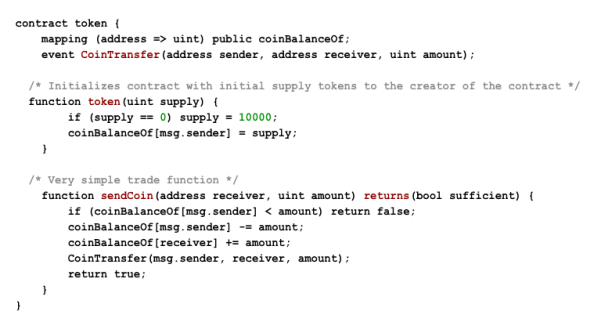
Cryptocurrency and Income Tax
Tax time is coming, in just a few days. That means you only have a few days to take some simple steps that could save you hundreds or thousands on your cryptocurrency income tax liability. The worst mistake you could possibly make is to leave your crpyto trades off your tax return.
Be Prepared to Report Your Crypto
The IRS will ask filers on their 2020 income tax return whether they received, sold, sent, exchanged or otherwise acquired any financial interest in virtual currency. Get your recordkeeping in order. Know your basis, the fair market value of your crypto when you’ve made a transaction and how long you’ve held it. Sounds complicated, right? Not if you use the right tools.
Wash Trading Rules
One thing I was surprised to learn is that when trading in crypto, unlike traditional stock investments, cryptocurrency is classified as property and not securities, therefore, at least right now, wash trading rules don’t apply to crpyto. What are wash trading rules? If you have stock holdings that are currently trading for less than you paid for them, and you sell them for a loss, you cannot re-buy them until a 30 day period has elapsed, or else you won’t be able to deduct the loss on your tax return. If have crypto that you could sell for a loss before Dec. 31, you can legally (right now anyway) sell it for a loss, rebuy it immediately for the same price, but write off the loss you incurred by selling it for less than you purchased it for.
Short Term vs. Long Term Capital Gains
Another factor you will need to know for your 2020 tax return will be short term capital gains and long term capital gains. You will have to know what the USD value of your cryptocurrency was trading at for each transaction in order to calculate your gains and you will have to know how long that particular crypto was held prior to selling it. Crypto held for more than a year is classified as long term capital gains, less than a year is short term.
Get the Right Tool for the Right Job
A great tool I recommend is CryptoTrader.Tax. You can generate tax reports and forms using different accounting methods, FIFO (first in first out), LIFO (last in first out), or HIFO (highest in first out). Click HERE and then use this discount code to get a 10% discount: CRYPTOTAX10
CryptoTrader.Tax gives you all the information you need to file a complete and accurate tax return and report your crypto trading gains or losses to the IRS on your 2020 tax return. You get a breakdown of short term vs. long term capital gains, how much you profited, and a complete IRS Form 8949 with the ability to export to Turbo Tax.









